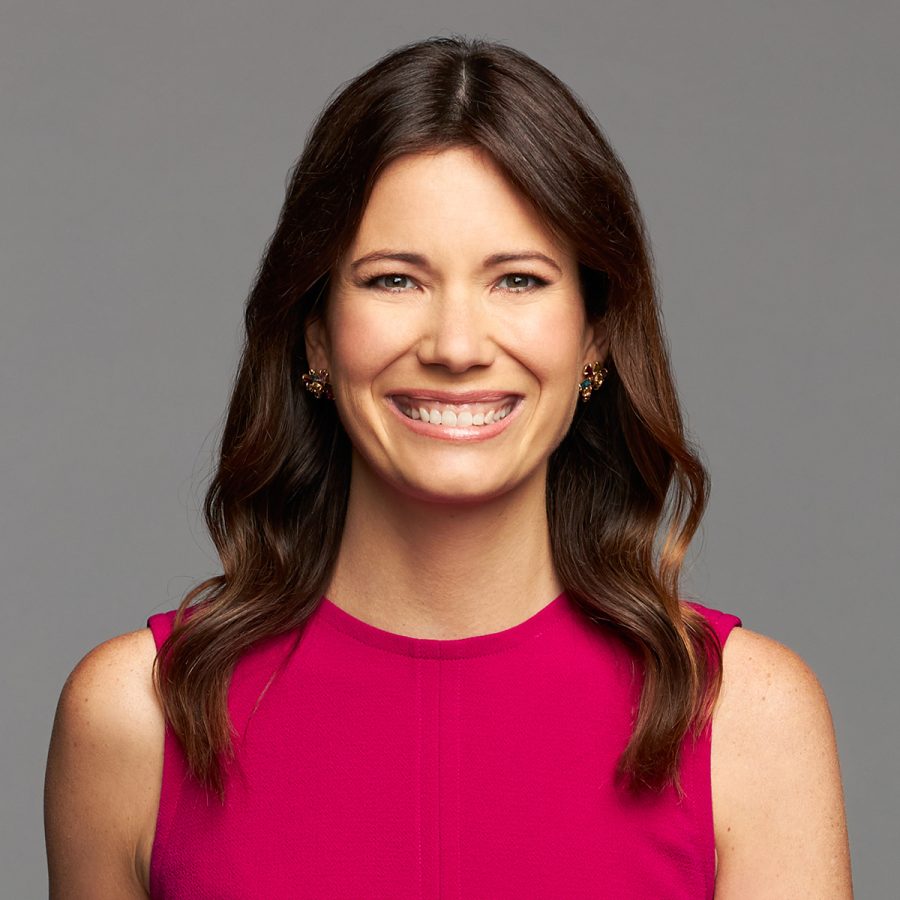 Most of us know the importance of budgeting for regular monthly expenses. We also know the importance of having an emergency fund.
Most of us know the importance of budgeting for regular monthly expenses. We also know the importance of having an emergency fund.
But what about paying for those once in a while expenses you don’t always plan for?
Weddings and birthdays and showers, oh my!
It’s wedding season for my and The Hubby’s friends and family…and birthday season, and shower season, and anniversary season. And while we do have advance notice for these things, they’re not the kind of things we normally factor into our monthly budget. Especially not when a big string of them all take place within a few months over the summer.
And, they’re not cheap! Birthdays aren’t so bad, but baby showers can be pricey. And weddings! Not only do you pay for the bridal shower and wedding gifts, you also usually pay for a new dress or pair of shoes so your family doesn’t see you wearing the same outfit to all four weddings this summer. (Or at least I do.) Then there’s the bachelor or bachelorette parties, the new birthday parties for all the babies whose showers you went to last summer…let’s just say that being in yours 20s (or very early 30s, a-hem!) means you’re going to have lots of extra gifts to buy as your circle of friends and family grows very quickly.
On a less fun note, there are also unexpected expenses like car repairs, home repairs, vet bills, and any number of other things you don’t have any notice for at all. How do you cover those things when they spring up?
The answer? An occasional expense fund
You can’t plan for the unexpected expenses that will come up, but you can count on the fact that they will come up. So we’ve started an extra savings fund just for these expenses. Every paycheck, we put aside a certain amount that we can draw from whenever we need it.
That way, when a shower or birthday comes up, it won’t wreck our budget for the month. And, if something big and bad happens, like a car repair, we’ll hopefully have a little built up by then so it doesn’t really wreck our budget.
Why isn’t this the same as our emergency fund? You could argue that things like car repairs could fall under the emergency category, but for us, we’re just considering them (big) inconveniences. A real emergency, in our minds, would be one of us losing our jobs, or having a serious health problem, or something similar life-changing. We don’t want to dip into our emergency fund for smaller things like if one of our dogs gets sick, because while that does cost a bunch, we want to reserve every dollar we can in our emergency fund in the event that something huge happens.
Hopefully, it never will, but it gives us peace of mind to know it’s there if we need it.
In the meantime, our occasional fund can cover all the other unplanned things that crop up now and then.
Do you have an occasional fund? How do you pay for “out of the budget” expenses?
~Heart,
Em
—–
photo credit: Tax Credits






I agree with you on a lot of what you said in this post, Em. We believe the emergency fund is for big things, like a huge medical bill that could not have been foreseen, or losing a job.
However, we haven’t had to touch this fund in a VERY long time, because of our “Sinking Funds”. I think this is similar to your idea of an Occasional Expense fund, except I feel like I have a lot more control and better tracking this way. I have a Sinking Fund for each thing that usually costs us money at some point in the year: Car Repairs (the license and registration renewals falls here too), the Dog (helping to track everything from pet food to vet to grooming), Gifts (Christmas of course, but birthdays and weddings, too), Home Repairs, and a Misc for everything else, like Clothes and haircuts and prescriptions.
This makes me feel really good knowing that we only spent $200 to repair the vehicle last year, or even that maybe we spent too much on dog grooming and need to go back to doing it ourselves. I don’t think things that are going to happen should be considered emergencies, like weddings or a sick puppy. But I also wanted an earmarked fund for each instead of winging it. Capital One 360 has a great savings bucket program where everything is linked and you can give them your own nickname. And if you get a lot built up in one of the funds, tweak it a bit. Its your money! You can always move the money around or change the amounts you are putting into each bucket (or even temporarily stop funding one if you feel like its full enough).
I’ll have to check out that savings bucket program, that sounds really helpful! I agree, it doesn’t matter how you set things up, so long as you know you’ll be covered should the (little) or the (big) unexpected things happen.
It sounds like you’ve got a great system in place…good for you! 🙂
I do the same thing with Capital One (formerly ING) and second the recommendation. It really helps me to have designated accounts with amounts going into each bucket automatically each month. I would find it much harder to keep track if it went into one giant fund (and there is always the flexibility of moving it around if necessary).
I have a gift budget. Let’s say it’s $100 a month, if I don’t spend it I put it aside in a savings account for when I get hit with more than one or two gifts in a month. Similar to your occasional expense fund!
Yep, sounds very similar! Isn’t it a huge help?
Great idea. Those “special occasions” can really add up! I’d keep track of what you actually spent on each item to get an idea if you are on track with saving for this fund. I try to keep the amount spent approximately the same for various babies, wedding gifts, etc. It helps our budget, but also helps keep family members feeling that we gave equally to each of them for various occasions. For example, I don’t want to spend a hug amount on a baby gift for one after spending much less on a baby gift for another family member.
That’s a really good tip! I’m going to have to start doing that myself. I always have trouble remember how much we normally spend on things like showers.